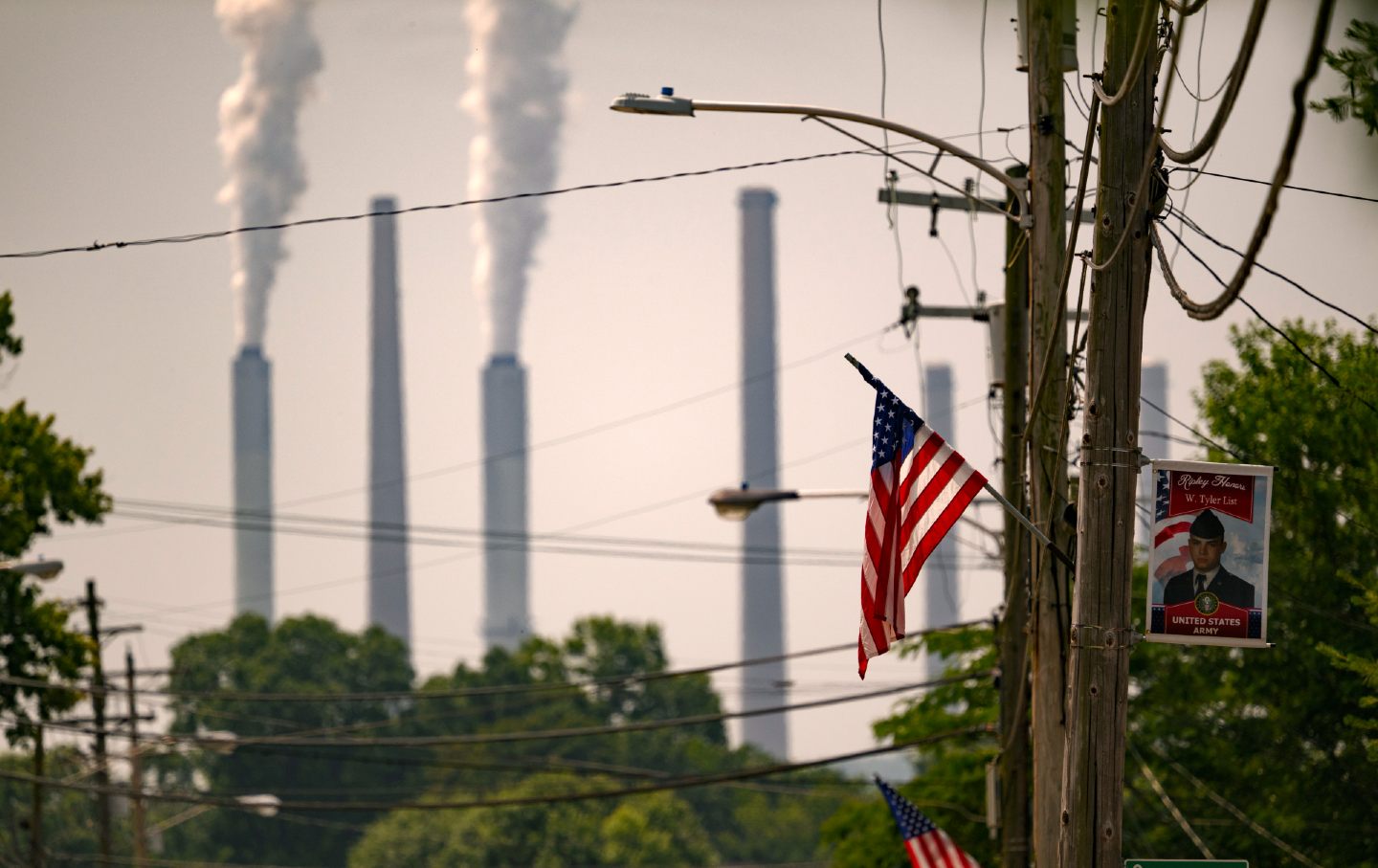
"Arguably, no technology freed the world from the drudgery and cold of premodern times more than coal. It fueled the Industrial Revolution and rising standards of living that transformed what a human life meant after 1800. The cost of this freedom soon meant slaughtered workers, rising carbon dioxide levels, and the threat of planetary ecological catastrophe. Today, arguably no technology dooms the world's future more than coal, with its environmental destruction, pumping of carbon dioxide into the air,"
"A cheap, plentiful energy source that could power factories anywhere provided enormous financial benefits, and coal revolutionized the global economy. Early factories relied on waterpower, clean in terms of what were then unknown carbon emissions, but limited development to waterways. Coal transformed the geography of industrialization, allowing enormous industrial operations wherever a capitalist wanted to build. It fueled steel and railroads. It heated homes-dirtily, but in a 19th-century working-class home, avoiding the cold took precedence for most family over smoke."
Coal drove the Industrial Revolution and raised living standards after 1800. Coal freed people from premodern cold and labor constraints and allowed factories to be built away from waterways. The fuel powered steel, railroads, and urban heating despite filthy smoke and hazardous mine conditions. Coal quickly produced slaughtered workers, deadly pollution, and rising carbon dioxide that threaten planetary ecological catastrophe. Coal still kills through work accidents, air pollution, and climate impacts. Corporate vested interests and political nostalgia for coal maintain its use despite available alternatives and the option to escape its destructive consequences.
Read at The Nation
Unable to calculate read time
Collection
[
|
...
]